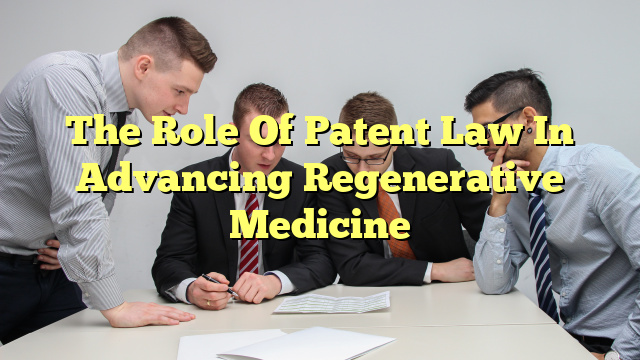Table of Contents
How Patents Help Incent Advancements in Medical Processes or Medications
Patents play a crucial role in incentivizing advancements in medical processes and medications. By granting inventors exclusive rights to their inventions for a limited period, patents provide a financial incentive for companies and researchers to invest in research and development. This exclusivity allows inventors to recoup their investments and profit from their innovations, encouraging them to continue developing new and improved medical technologies.
Current Advancement of Regenerative Medicine
Regenerative medicine is a rapidly evolving field that holds great promise for treating a wide range of medical conditions. From stem cell therapies to tissue engineering, regenerative medicine aims to repair or replace damaged tissues and organs, offering new hope to patients with chronic diseases and injuries. Recent advancements in regenerative medicine include the development of 3D bioprinting techniques, the discovery of induced pluripotent stem cells, and the use of gene editing technologies like CRISPR-Cas9.
Role of Patents in Biotechnology Invention
Patents play a crucial role in protecting and incentivizing biotechnology inventions. In the field of regenerative medicine, patents are essential for safeguarding the intellectual property rights of companies and researchers who develop novel therapies and technologies. By securing exclusive rights to their inventions, patent holders can prevent competitors from copying or exploiting their innovations, giving them a competitive edge in the market. This protection encourages investment in biotechnology research and development, driving innovation and advancing the field.
Patent Act for Biotechnology
The patent laws governing biotechnology inventions vary by country, but most jurisdictions have specific provisions that address the patentability of biotechnological innovations. In the United States, the Patent Act allows for the patenting of genetically engineered organisms, isolated DNA sequences, and methods for producing biological products. To be eligible for a patent, a biotechnology invention must be novel, non-obvious, and useful, and it must meet the other requirements of patentability set forth in the law.

